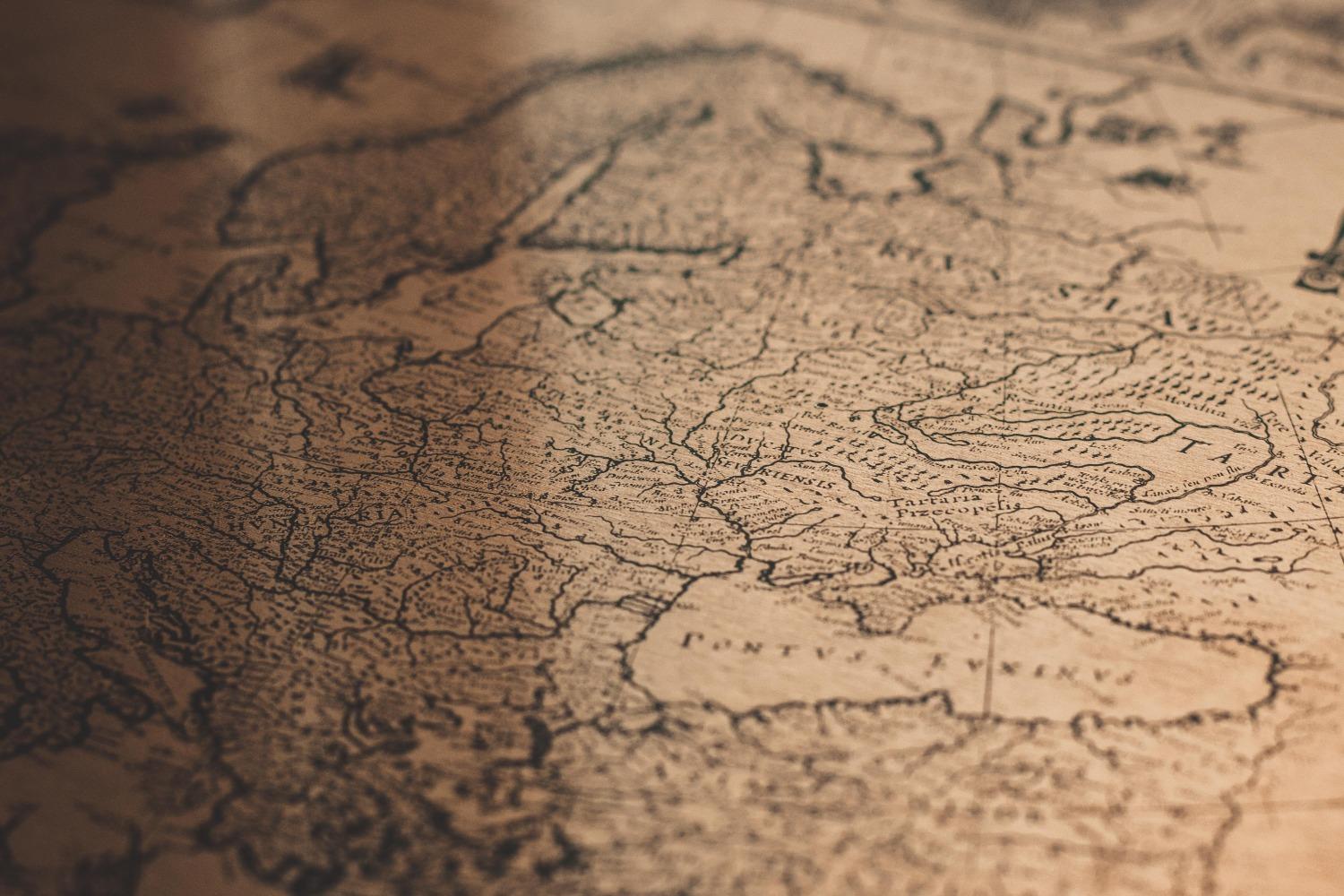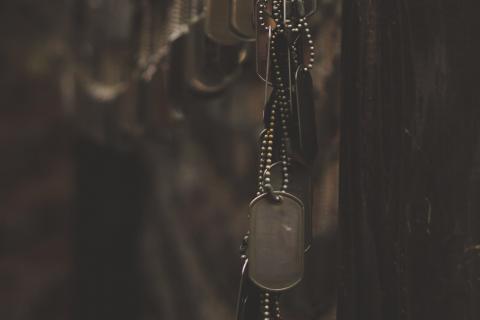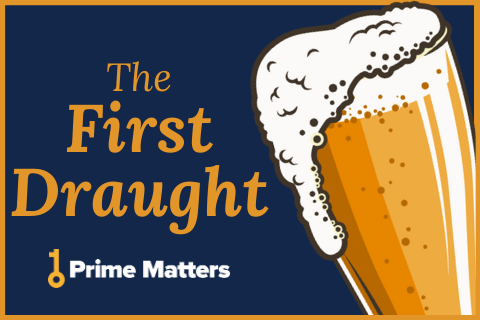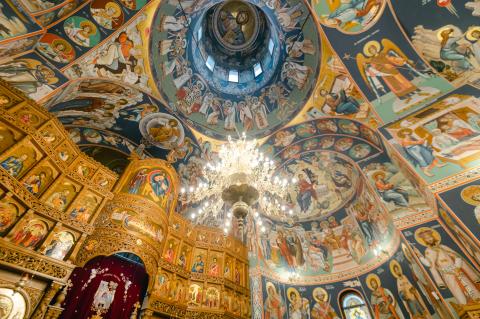
To understand the ancient context behind Russia’s invasion of Ukraine is not to endorse it, and there can be no endorsement of this unprovoked conflict.
Combat in the realms of the spiritual life, personal life, and political life is a product of original sin. As seen in From Christendom to Apostolic Mission (and in particular, the chapter “Conversion of Vision”), the unbridled optimism of secular utopian culture is that we can outmaneuver war by means of social progress, political structure, and monetary affluence, among other things. From a Christian perspective, however, a healthy vigilance regarding the interior workings of the human heart and the corporate reality of nations ensures a sober recognition that anything is possible in the heart of man, whence comes all impurity (cf. Matthew 15:19).
The recent conflict in Europe is further undergirded by more proximate realities that few Westerners have considered deeply. To understand the motives underlying Russia’s invasion of Ukraine, one must give oneself over intellectually to understanding old ties and identities. Cultural identity, religion, and ethnicity often run much deeper than borders. On the surface, this war appears to be driven by defensive alliances and the political concerns of nation-states. For those involved, however, questions of the Russkiy Mir – or “Russian World” – and ancient ties between the cities of Kyiv and Moscow take center stage.
For Americans, these sorts of concerns can be difficult to grasp. Despite complexities regarding the slave trade and relations with indigenous peoples, to be an American has always meant pledging allegiance to a flag, an idea, and a national concept, all free from ethnic or religious or cultural roots.
To understand is not to endorse. A deeper understanding of the ideas at play can help in finding solutions that address the deeper issues, which are often much more profound than money, weapons, or borders.
Understanding the current conflict requires grasping the ancient ethnic and religious ties between the Russian and Ukrainian people, a narrative that has recently been referenced by the Russian Orthodox Patriarch Kirill, whose authority extends over Orthodox Christians in both countries.
In a village northeast of Moscow, an Orthodox priest has been arrested after condemning Russia’s invasion of Ukraine under the charge of “commit[ing] a public offense aimed at discrediting the Russian armed forces which are conducting a special military operation.”
Does “solo polyamory” reveal the future of the family?
More casualties emerge from the era of silent suffering with sexual trauma: this time a Vermont camp in the 1950s.
What significance does the Italian shrine to St. Nicholas play in the current conflict in Ukraine?
“In the world you have tribulation; but be of good cheer, I have overcome the world” (John 16:33).

Divine Providence in a Time of War
Those who suffer in the face of injustice are often moved to ask: “Why is this happening to us? Why is God allowing us to suffer in these ways? Why am I a victim in schemes that are far bigger than me?” How can a Christian begin to approach these pressing questions?

The First Draught
To receive the Weekly Update in your inbox every week, along with our weekly Lectio Brevis providing insights into upcoming Mass readings, subscribe to The First Draught.


